3 Count: Extrinsic vs. Intrinsic
Plagiarism Today
MAY 16, 2022
The case looked at whether You Raise Me Up was similar to a 1977 Icelandic song Söknuður , which is owned by Johannsongs-Publishing, Ltd. The owners of Grease sent a cease and desist letter in August 2019 that resulted in performances of Vape being cancelled. 3: ComicMix To Publish Lost Dr Seuss Stories, Out Of Copyright.

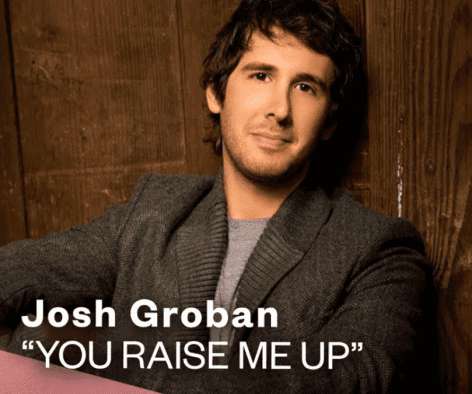
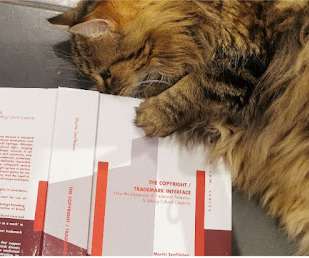
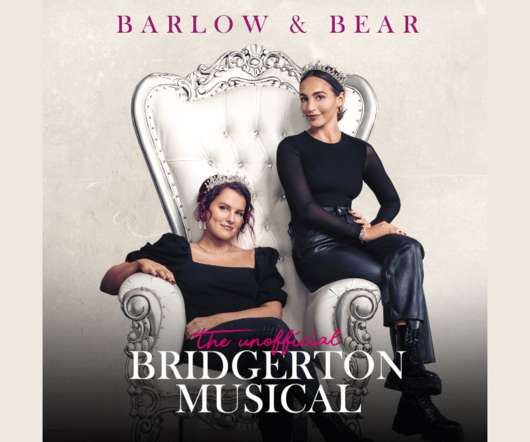
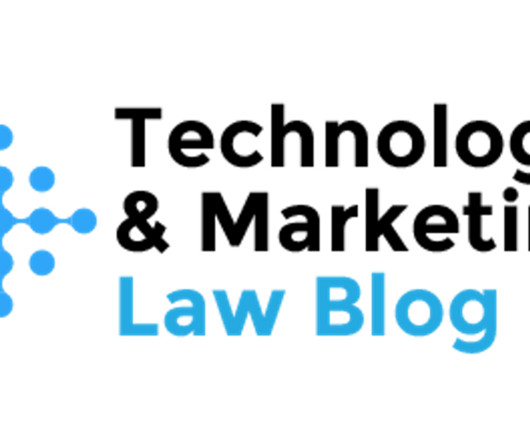
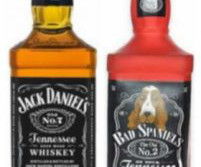






Let's personalize your content